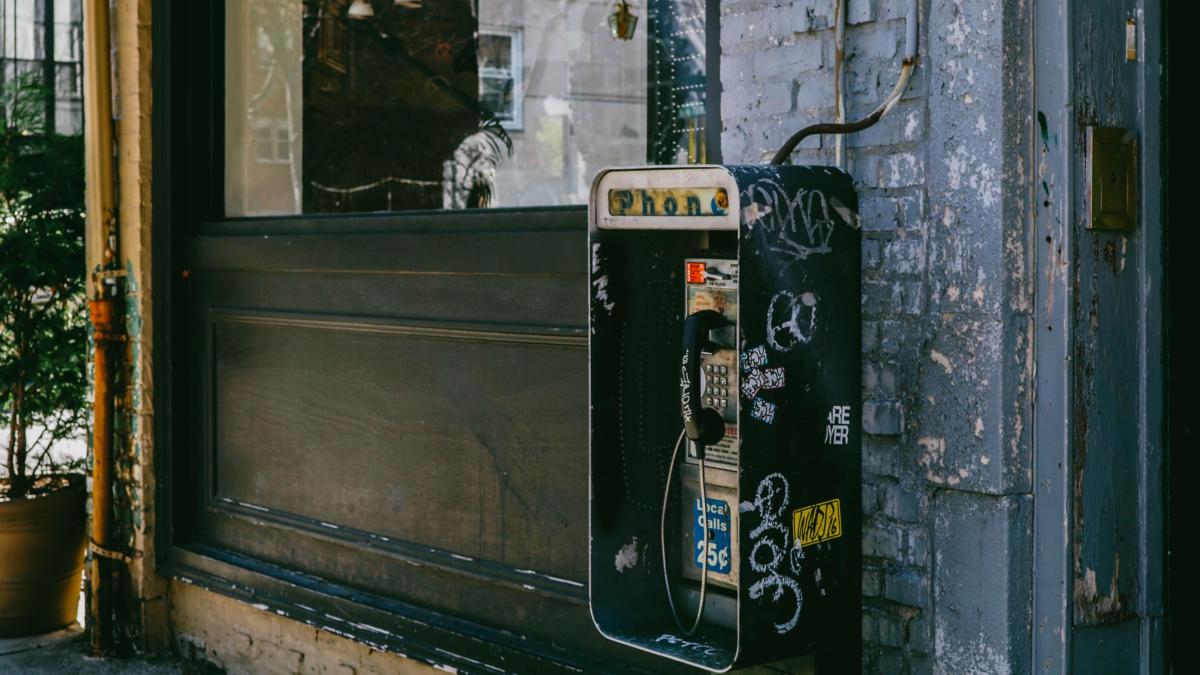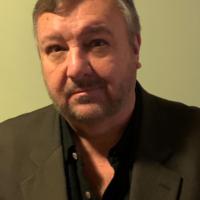On Nov. 23, the U.S. Attorney’s Office for the Eastern District of Pennsylvania announced the indictment of 15 defendants accused of being members and associates of the South Philadelphia and South Jersey Cosa Nostra crime family.
The U.S. Attorney, William M. McSwain, announced the unsealing of a superseding indictment, which lays out a litany of crimes, including racketeering conspiracy, illegal gambling, loansharking, extortion, and drug trafficking.
The indictment claims the South Philly organized crime group sought to use its reputation and influence to take control over criminal rackets, such as bookmaking and loansharking in Philadelphia and southern New Jersey, particularly Atlantic City.
“During a period beginning in August 2015, 10 of the defendants allegedly conspired to conduct and participate in the affairs of the Philadelphia LCN through both a pattern of racketeering activity and through the collection of unlawful debts,” the indictment read.
“The remaining five defendants are charged with allegedly committing a variety of other offenses, including conducting an illegal gambling business, conspiracy to make extortionate extensions of credit, and conspiracy to distribute controlled substances, in partnership with other members and associates of the Philadelphia LCN.”
I read the 40 pages of the superseding indictment. The defendants are accused of distributing heroin, cocaine, fentanyl, methamphetamine and oxycodone pills, illegal gambling, loansharking, as well as an alleged conspiracy to kidnap or murder a drug dealer who sold mob members fake drugs. I’ve been told that the FBI and the Philadelphia police have been investigating at least three suspected mob murders, but they are not mentioned in the indictment.
“Thanks to the dedicated and courageous efforts of federal law enforcement over the past several decades, the Philadelphia mob isn’t what it used to be, and thank God for that,” said McSwain.
Being half-Italian and having grown up in a predominately Italian neighborhood in South Philly – the hub and breeding ground of the Philadelphia Cosa Nostra – I know the culture.
– Paul Davis
“But it is still a problem and is still allegedly committing serious federal crimes, which is why we at the Department of Justice are focused on stamping it out. We will not rest until the mob is nothing but a bad memory.”
Being half-Italian and having grown up in a predominately Italian neighborhood in South Philly – the hub and breeding ground of the Philadelphia Cosa Nostra – I know the culture. I went to school with future wiseguys, hung on the corners with them as a teenager, and as a young man, I drank in bars and clubs with them.
As a writer, I’ve covered the mob for many years. I’ve interviewed Cosa Nostra boss Ralph Natale, who became a cooperating witness. I also interviewed Phil Leonetti, the former Cosa Nostra underboss under Nicodemo Scarfo. Leonetti became a cooperating witness and testified against Scarfo, his uncle, and others.
I asked Leonetti if he missed his former life and he replied, “No, it’s too cutthroat. Nobody is your friend. I don’t miss anything about that life.
“From when I was little, my uncle would tell me we don’t talk about our life to anybody,” Leonetti explained.
“We don’t live by the same rules that everybody else does. Like the laws they have in this country. If somebody bothers us, we’ll kill the guy ourselves. We don’t go rat to the police. This is the environment I grew up in.”
When I interviewed Joe Pistone, the legendary FBI agent who went undercover with the Bonanno crime family in New York for six years using the cover of Donnie Brasco, a jewel thief, he said that people look at the mob and see glamor in the criminal lifestyle.
“You see the cars, the nice clothes and the guys don’t work, but what you don’t see is the inner-workings of mob life, the killings and stuff,” Pistone told me.
Pistone, who was a Naval Investigative Service special agent who served at the naval base in South Philly prior to becoming an FBI special agent, said that it was a stressful life.
“Every day is spent scamming, scheming and wondering how they are going to make money,” Pistone explained.
“The two things these guys worry about are going to jail and getting killed.”
The late Richard Zappile, a South Philadelphia Italian American who rose from a patrolman to become the Philadelphia Police Department’s First Deputy Commissioner, told me that the broad perception that everybody in South Philly was part of the mob truly bothered him.
“We can never destroy organized crime because the tentacles reach out too far, but I think right now in South Philadelphia, they are such a small element,” Zappile said to me back in 1994.
And it is still true today.





